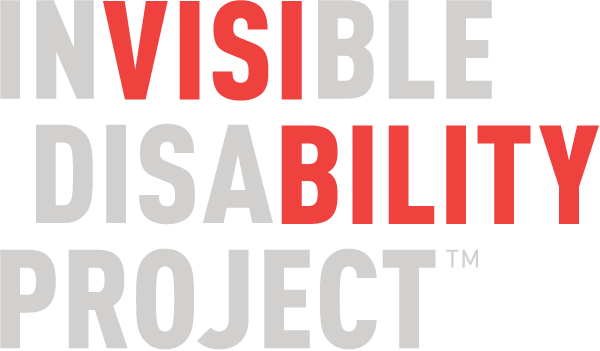4 Holiday Texts That Get It Right About Invisible Disabilities
By Linda Williams, Ph.D.
Founder | CEO | Creative
CONTACT
This time of year can be especially difficult for those of us with invisible disabilities but these four texts show how to get it right!
1. Quiet Spaces
The holidays are upon us. There is loud music, people everywhere, blinking lights, scratchy sweaters, different foods, smells, hugs, kisses, and cheer — whether we are feeling it or not. For those with invisible disabilities, the sensory system can reach over-load quickly. Securing a quiet place in advance may reduce the anxiety associated with all the commotion during parties and family gatherings. Don’t hesitate to ask for what you need.
[Image Description: Graphic image of iPhone text messages from “Uncle Ryan”. “Hey Justin, can’t wait to see you. We were planning on watching the game, listening to music, and getting the cousins together for flag-football.” “That sounds great, but Jordan went a little overboard when we played last year. Is there a room where I can be alone for a little bit. I need to get away from the noise and commotion after the game.” “I completely understand. I’m glad you told me. Aunt Christie and I set up the guest room as your space and we will make sure no one bothers you while you are in there. See you Thursday!”]
2. Cancelling Plans
Having an invisible disability means symptoms are often unpredictable. One moment, “all is well,” the next, you may want to curl up and stay in. The uncertainty around how the body may feel poses some challenges when making plans—especially around the holidays. This season, supportive friends, and family who can be flexible and thoughtful will make a meaningful difference. For those with invisible disabilities, it is important to give your body what it needs.
[Image Description: Graphic image of iPhone text messages from “Aunt Kathy”. “Good Morning!!!!!!! We are ALL SO EXCITED to finally see you, Caroline. Thanks for making your yummy pies this year!!!!! “Hi, Aunt Kathy. I’m so sorry, but I had a really tough day yesterday and I am still feeling bad today. I didn’t make the pies and I don’t think I will be there today.” “Oh, no!” “ Don’t worry about the pies, we will pick some up. We would still love to have you over!” “No. I think I will just stay home, but thank you.” “ Okay, honey. Let us know if you need anything. I will send Uncle Joe over with a plate tomorrow, if that is okay with you.]
3. Visual Schedule
There is so much going on! People are coming and going and the daily schedule is off. Visual stories, and structure around an all-day holiday gathering may reduce anxiety for many with invisible disabilities. A schedule, whether with pictures or words may provide comfort for those who prefer to track a plan and are more comfortable with knowing what to expect when there is a lot of stimulation and unpredictability.
[Image Description: Graphic image of iPhone text messages from “Ashley” “Can’t wait to see you and Cody for Turkey Day - I bet he has grown so much!” “ Thanks, sis. Yes, he has, you’d be surprised! Is it possible to get a schedule for the day? Like when we get there, when we cook, when we sit down. It helps Cody so much to know wha to expect.” “Oh! I didn’t think about that. That’s a great idea and probably good for all of us. I’ll make oe so Cody can see it and we can all keep track.” “ Thanks, so much <3 Heart’.]
4. Boundaries
Disabilities can be hidden, or unseen to an observer. But, it is the choice of the person who has an invisible disability when, where, and to whom disclosure is appropriate. Disclosing a loved one’s invisible disability without permission crosses a boundary, and it is not okay. Respect for privacy goes a long way in building trusting and healthy relationships.
[Image Description: Graphic image of iPhone text messages from Mom. “Hi, Mom. I’m excited to see the family. Can you not bring up the Bipolar diagnosis? I was really embarrassed when you brought it up at the table last year.” “I’m sorry. I was just catching people up on what was happening with you because you were so quiet.” “Mom, I want to keep it private. It is up to me who knows. I might be quiet again this year, but please to not talk about my health, mediations, therapy, or my “moods”. “Gosh, I am sorry. I didn’t realize how insensateve I was. You’re right - I won’t disclose what belongs to you.”]











